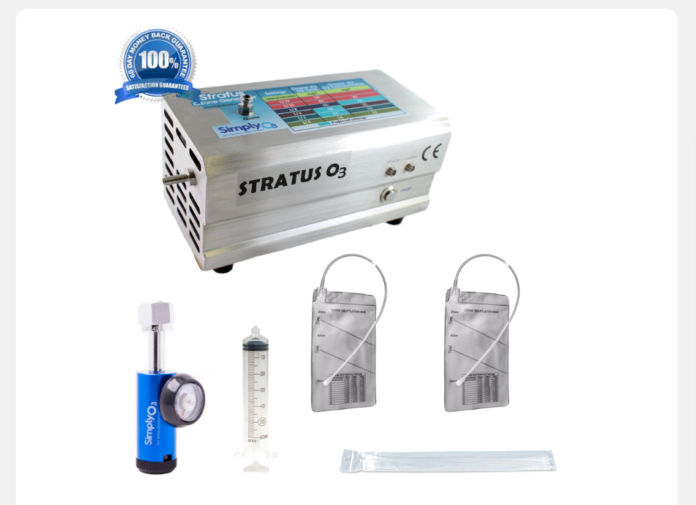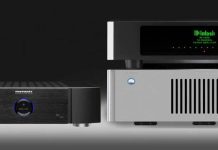Generators are an excellent investment if you live in an area where power outages are common, and they can help keep your home safe and comfortable during emergencies. For instance, if you’re struggling with medical conditions that require this home generator kit. However, before purchasing one, you should know the size of the generator that can power your house.
At the same time, you don’t want a generator that supersedes your needs. Larger generators are more expensive and require more maintenance and fuel usage than smaller ones. Plus, there’s no benefit of having a large generator that you do not exhaust its capabilities. Here are a few things that you should know before settling on a generator size;
Consider Your Power Needs
Generators vary in size and power output. The amount of power you’ll need for your home depends on the number of appliances you run concurrently, the quantity of wattage, and how frequently you utilize them. Ideally, it would be best to establish your home’s daily electrical needs by adding up the watts of all appliances requiring powering simultaneously. Also, read about Local Digital Business.
These include small appliances like refrigerators, microwaves, water pumps, or large appliances like washing machines, electric dryers, and water heaters. On top of that, you should add 1,000 watts for each window air conditioning unit or space heater. Once you have calculated your total wattage required, find a generator designed to handle this amount of load.
Establish The Necessary Watts/ Kilowatts And Voltage
A generator’s rating is in watts or kilowatts and voltage, as follows:
- Watts Measure Power
The more watts you necessary, the larger the generator you’ll need to power your household appliances. Not all devices use the same amount of energy or power to run. For example, a microwave might use 1,000 watts when heating food but only half to keep food warm.
- Voltage Measure Electrical Potential
Voltage is the quantity of energy flowing from one point to another. Often, voltage depends on what you’re powering and the appliances connected to your home’s wiring system. Generators typically have either 120V or 240V outlets to connect different types of equipment.
The 120V outlet applies for smaller appliances like microwaves and televisions, while the 240V outlet powers more oversized items like air conditioners and electric dryers. If a generator has only one voltage outlet, it will be 120V because it can supply both higher-voltage tools built for that output plus your standard small electronics of lower voltage with an adapter plug.
Add Up The Wattage Of Items Your Run Simultaneously
Knowing the size of the generator you need implies that you should add up the wattage of all the items you’ll have running at a go. If a generator has a running wattage of 3500 and a starting wattage of 4500, it doesn’t mean that you can run everything in your house. You’ll need to look at the labels on your appliances to see how much power they draw. Once you add up their power needs, add the lights and outlets that don’t have separate labels. You’ll have enough watts while also staying safe by not overloading your generator.
Decide On The Type Of Generator You Want
There are two types of generators: standard home standby and portable generators. Portable units can run on gasoline, diesel, or propane. Home standby units usually run on natural gas or propane.
Portable generators are cheaper than standby ones, but they require manual setup and will not produce electricity until you set them up. They also tend to be less reliable owing to their high failure rates and common mechanical issues.
On the other hand, home standby generators are more expensive but automatically switch on when power is lost, which is a significant advantage in emergencies when you’re away and can’t manually start a portable generator. Standby units also have longer lifespans than mobile models, i.e., a lifespan of 20 years against 12 years.
Settling On The Right Size Of Generator
Settling on an appropriate generator by size can be tricky as many factors determine the necessary quantity of power. Choosing the right generator size for home use calls for you to understand how electricity works and how to measure electric consumption in your home. It’s crucial because if you don’t know the basics about electricity and your electrical appliances, you may find it challenging to pick an ideal generator that serves your needs, which can be frustrating and expensive in the long run.
































